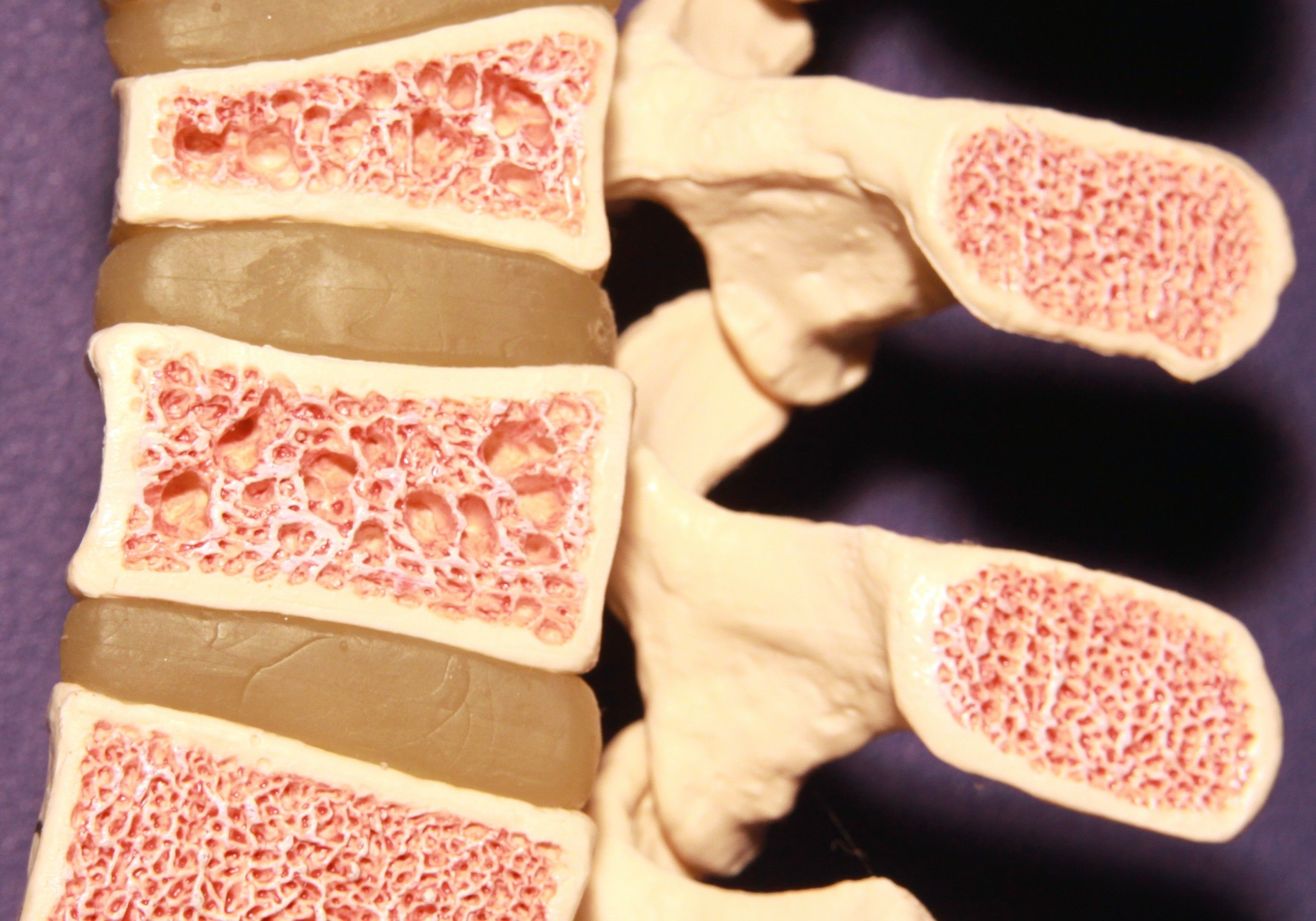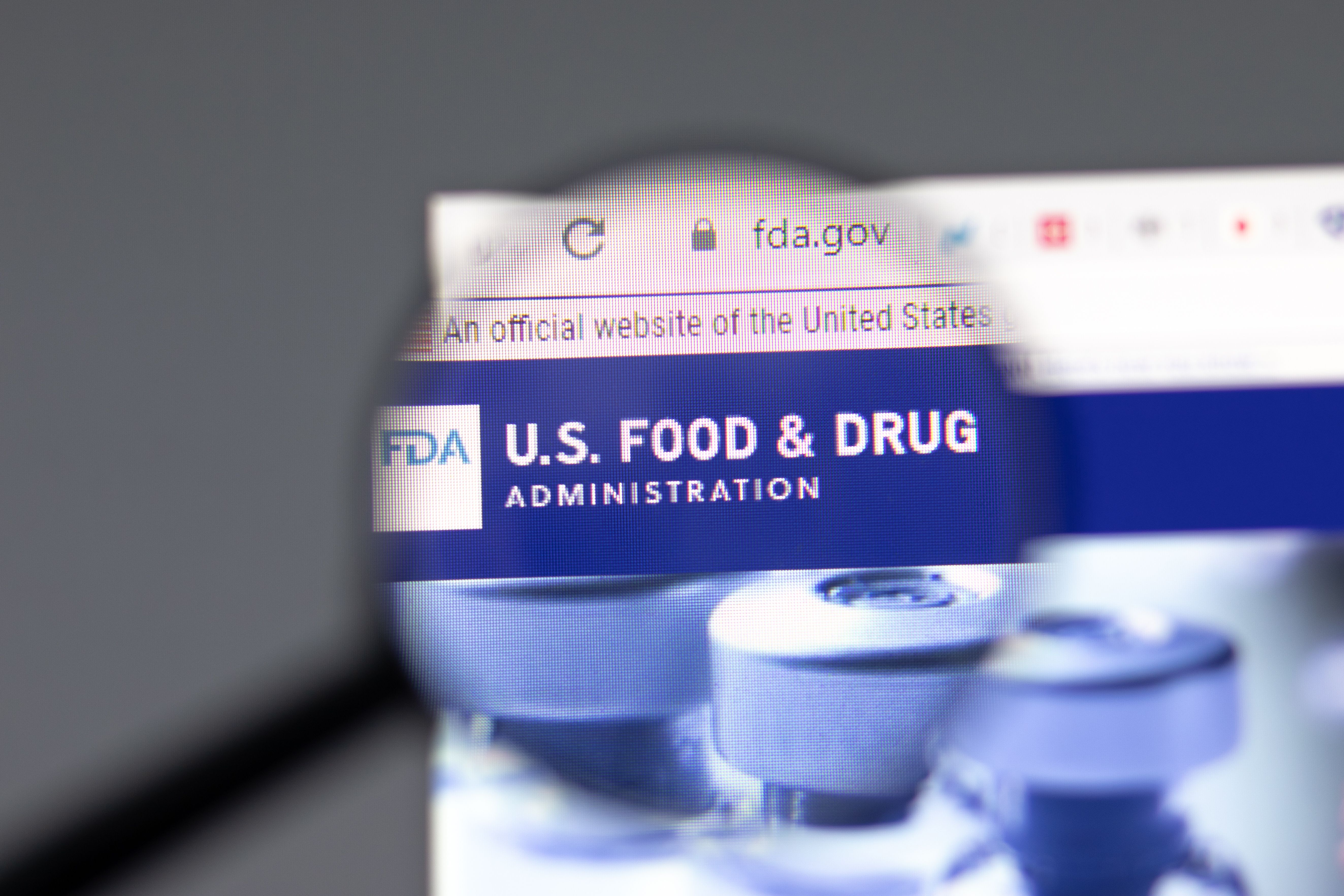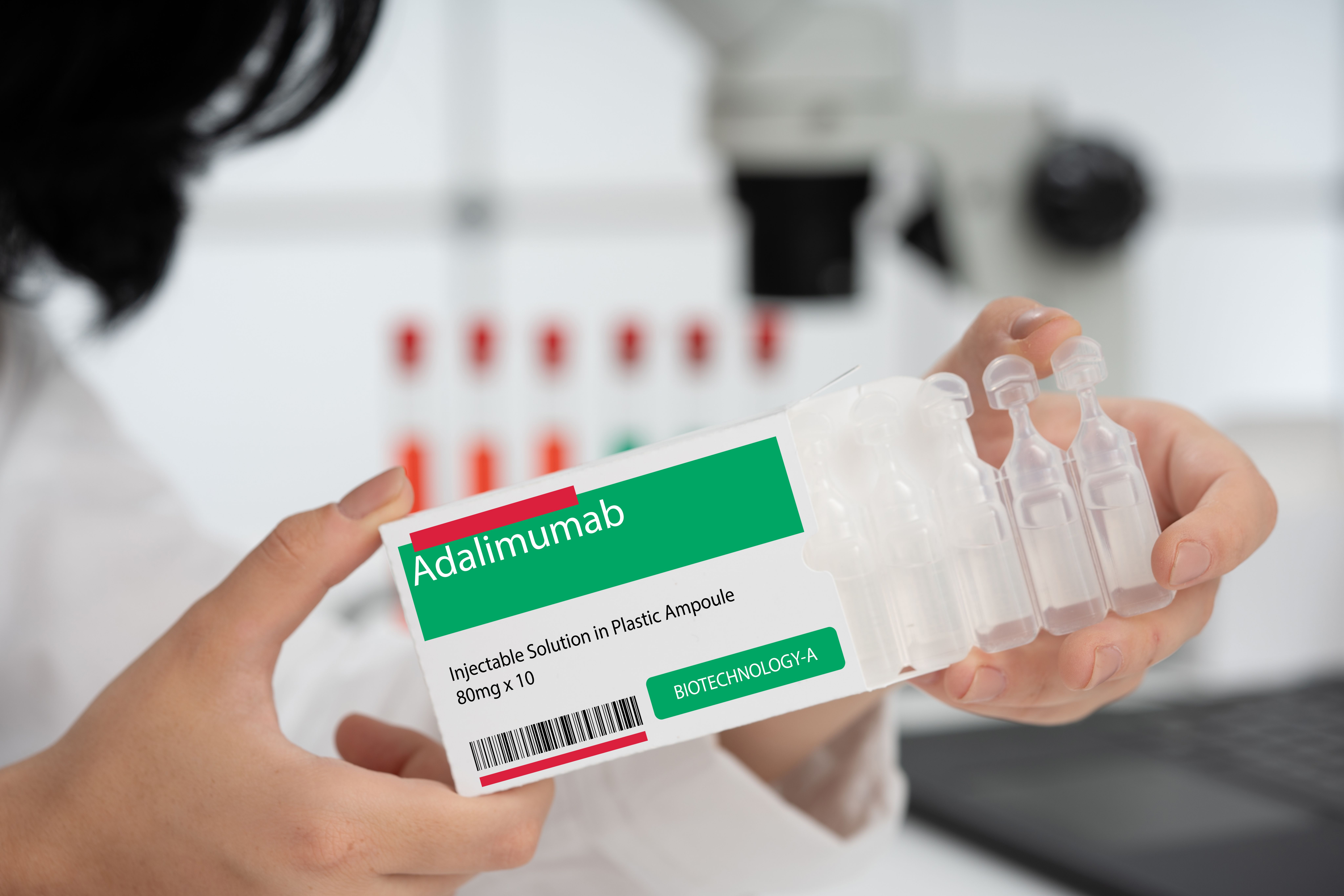
Biosimilars
Latest News
Latest Videos
CME Content
More News

Ustekinumab-ttwe, a biosimilar to ustekinumab (Stelara) is expected launch in the US in February 2025.
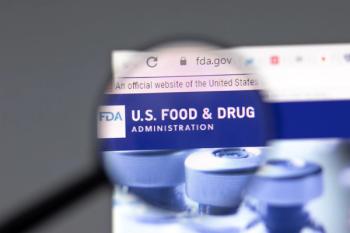
Eculizamab-aeeb is the 53rd FDA-approved biosimilar in the US.

These aflibercept biosimilars are used to treat wet age-related macular degeneration, diabetic macular edema, and diabetic retinopathy.
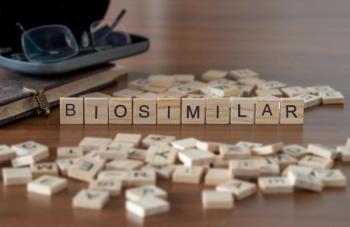
Since biosimilars first launched, unique pricing incentives and strategies have been created to incentives adoption.

As medication experts, pharmacists can advocate to organizational decision makers around the benefits of biosimilars.

Addressing requirements around FDA interchangeability designations can increase the adoption of biosimilar substitutions at the pharmacy level.

A recent bill introduced to Congress is intended to prevent product hopping, a practice that extends exclusivity and hinders the adoption of biosimilar therapies.

Distributors can help manufacturers create patient access programs that reduce costs, copays, and co-insurance.

One notable incentive includes the launch of biosimilars at both low- and high wholesale acquisition costs.
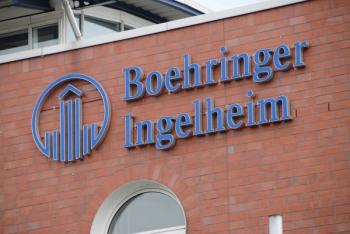
According to Michael Osso, president and chief executive officer of the Crohn’s & Colitis Foundation, “the flexibility of having multiple biosimilar formulations to choose from is important to support broader patient access to biologic medicine.”
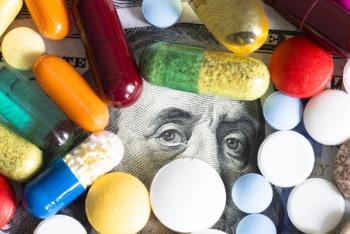
Pharmacists can help financial decision makers understand the value of biosimilar therapies.

Savings associated with biosimilar uptake are projected to reach $181 billion through 2027.

This approval is the second biosimilar approval for manufacturer Alvotech.

Despite the significant growth of biosimilars, their adoption across various therapeutic areas has remained slow.
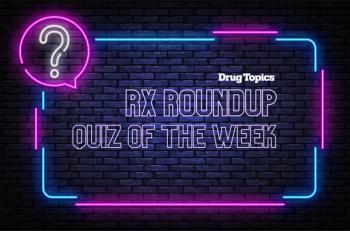
Test your pharmacy news knowledge with our weekly quiz.
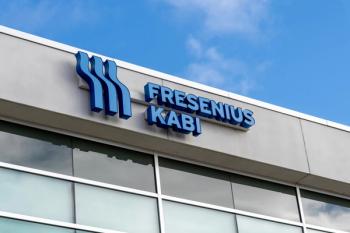
The biosimilar represents a comprehensive, accessible, and high-quality treatment option for patients in the US treated with tocilizumab.

The agency approved denosumab-bddz under two brand names: Wyost and Jubbonti.
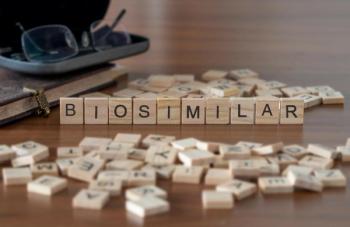
Simlandi is the only biosimilar to Humira on the market that is high-concentration, citrate-free, and interchangeable.

Large pharmacy benefit managers have switched up their coverage of biosimilars this year—especially for biosimilars to adalimumab.

According to the most recent Global Use of Medicine report issued by the IQVIA Institute for Human Data Science, losses for originator products are projected to rise by over $80 billion over the next 5 years due to market introductions of new biosimilar and generic drugs.

Researchers used an online English-language survey questionnaire to collect data on pharmacists from Germany and Switzerland about how their knowledge and dispensing frequency of biologics and biosimilars changed from before and after the pandemic.

Check out our recap of last year's advancements made in the vaccine, biosimilar, and therapeutic spaces.
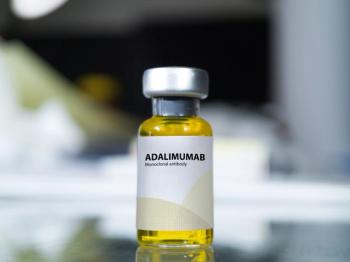
In addition to the numerous adalimumab (Humira) biosimilars that launched this year, multiple new biosimilar products were approved by the FDA in 2023.

Most patients were not concerned about losing control over their disease after switching.

Attendees at an AMCP Nexus 2023 session received an overview of FDA approvals granted in 2023 as well as a preview of nononcology drugs to be released over the next 5 years.


